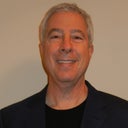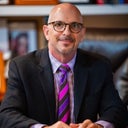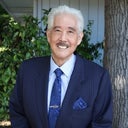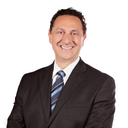Great question, one that was asked of me many times by my own patients not so long ago, until I myself attained Board Certification.








